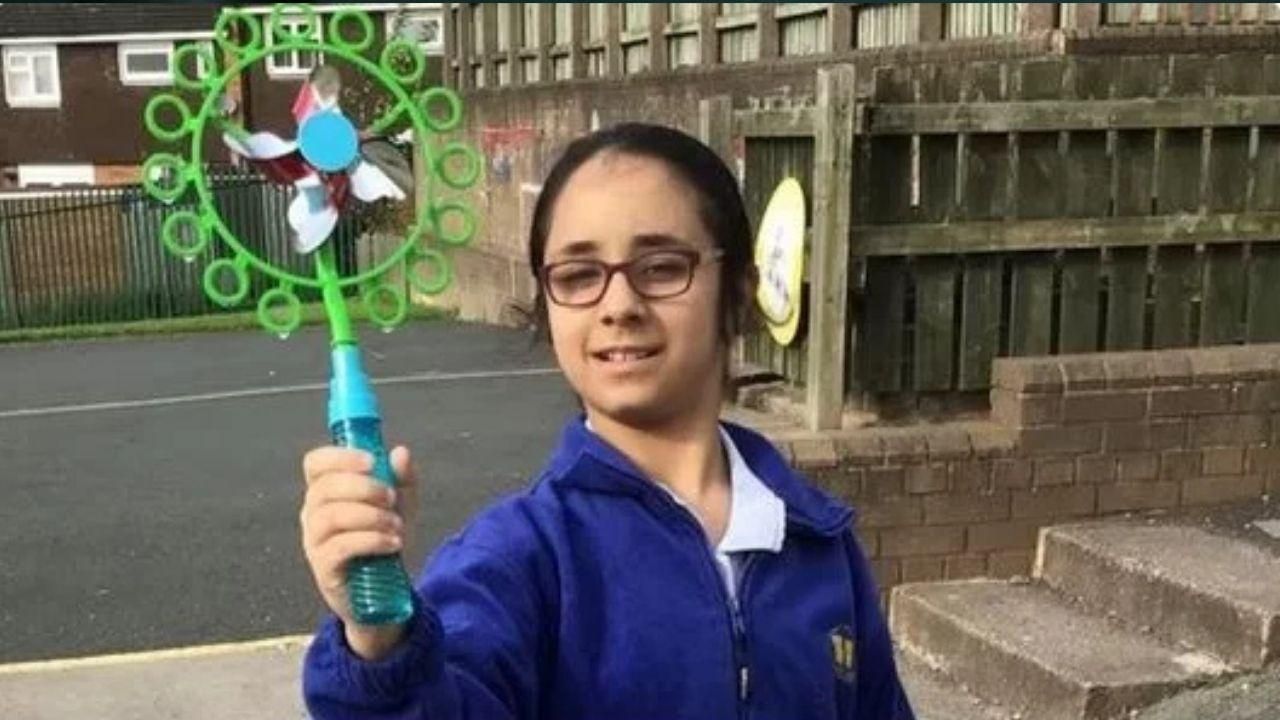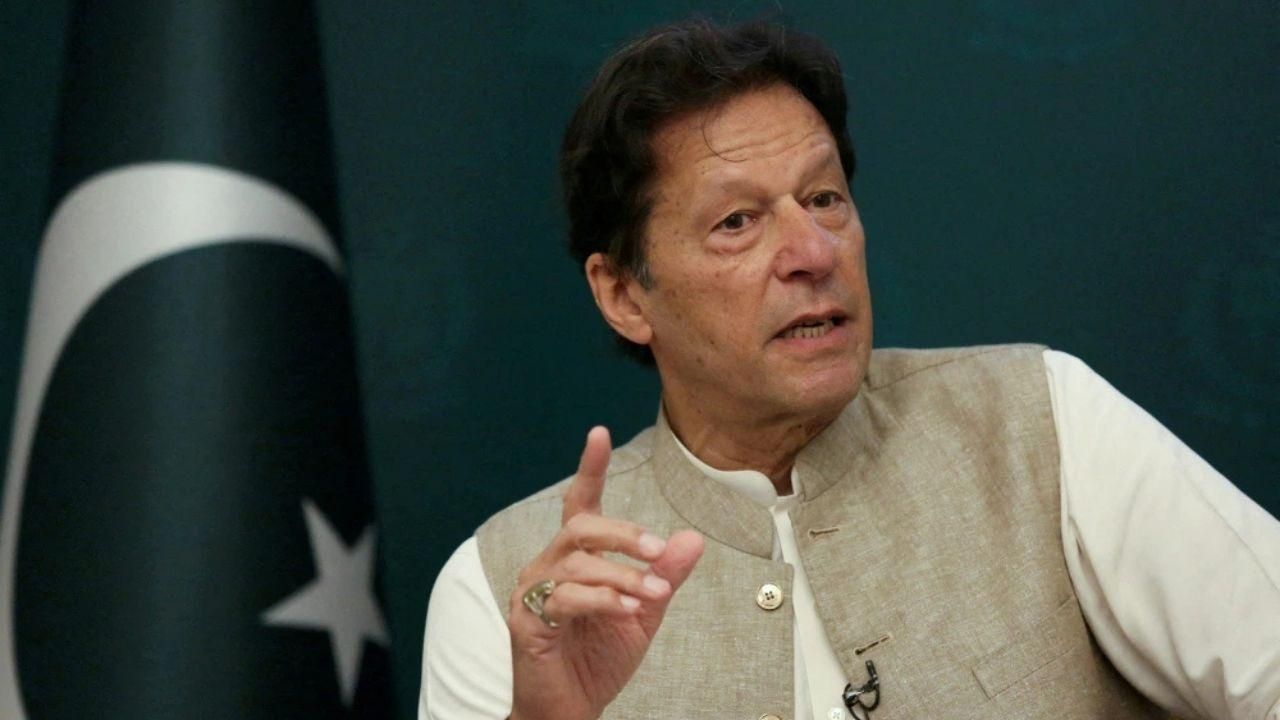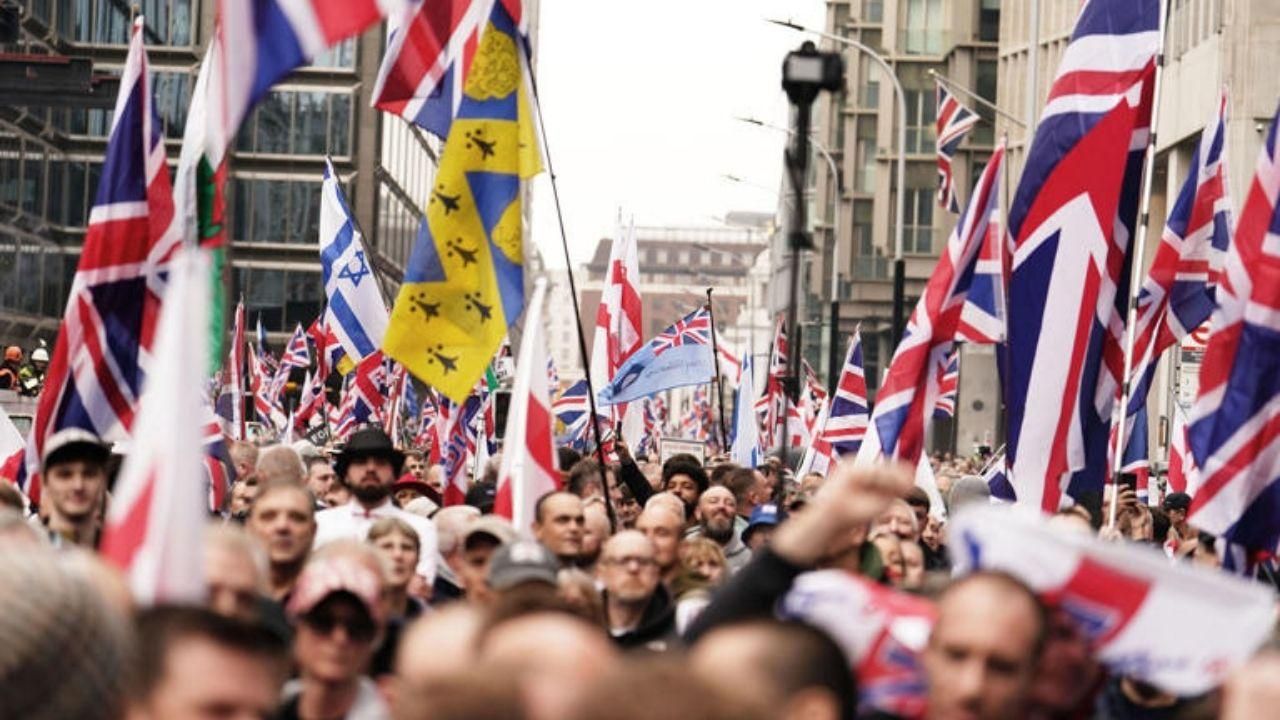A modification to universal credit that will be announced in next week's budget would improve the average annual income of almost 1 million of the UK's poorest households by £420.
The proposal, which is largely meant to assist the poorest families, will be interpreted as a means for ministers to deflect criticism of their decisions to keep the two-child benefit restriction in place and reduce winter fuel allowance for the majority of pensioners.
“It’s a downpayment on poverty reduction. It is unacceptable that people are in this kind of deep poverty, and this is a small victory for people in deep poverty,” one Whitehall source told the Guardian.
The measure, called the Fair Repayment Rate, is expected to come into force next April and will cap the amount that can be cut from benefit payments each month to repay short-term loans and debts.
It was welcomed by the charity Save the Children UK, which described the current level of benefit deductions shouldered by the poorest families as unfair and unsustainable.
Ruth Talbot, Save the Children UK’s policy and advocacy adviser, said: “It is bold thinking from ministers and we know it will have a significant impact for families and put more money in their pockets for food, toys, clothes and books.”
The move would cap the level of monthly deductions to individuals’ universal credit standard allowance at 15%, rather than the current 25%. It would help 1.2m households, including 700,000 families with children, who now see between about a sixth and a quarter of their monthly universal credit payments clawed back.
Benefit deductions are taken automatically for a range of debts, including Department for Work and Pensions (DWP) benefit advances, historical child tax credit overpayments, rent and council tax arrears, and water and utility bill debts.
The move would in effect allow claimants to repay debts over a longer period. It is unclear how much this will cost the Treasury. A more generous deduction minimisation scheme drawn up by the food bank charity Trussell earlier this month was put at £3bn in public sector net debt.
Save the Children estimates the measure could see single parents receive up to £39 more of their universal credit entitlement each month. For two-parent families, this could be up to £62. In some areas of the UK, two-thirds of children in households in receipt of universal credit are pushed deeper into poverty due to deductions.
Helen Barnard, the director of policy at Trussell, said: “This would be a positive first step to tackling the appalling levels of hardship our community of food banks see every day. On its own, however, this is unlikely to significantly reduce the numbers of people forced to turn to food banks to survive.”
Trussell studies have shown that the vast majority of households hit by universal credit deductions had been forced to go without food, heating or clothing in the previous six months because of lack of income.
There is some disappointment ministers did not go further and introduce a formal minimum protected floor to universal credit. This would have also neutralised the extreme poverty-creating effects of benefit cap deductions, which have left some families living on as little as £4 a day per person.
It is understood the welfare secretary, Liz Kendall, co-chair of the government’s child poverty strategy, has been arguing for the Fair Repayment Rate to be introduced to provide some relief to low-income families hit hard by the cost of living crisis.
Families on the lowest incomes typically pay more for food and energy than better-off households, with their day-to-day bills consuming a far greater share of their budgets, leaving them more at risk of problem debt or going without food and heating.
Latest figures show there were 4.3 million children in relative poverty in 2022-23, equivalent to one in three of all UK children, and an increase of 700,000 since 2011. Campaigners are especially worried about the increasing numbers of children experiencing extreme levels of poverty or destitution.
New research by the Joseph Rowntree Foundation estimates the UK’s poorest families are up to £700 a year worse off than they were five years ago. It said living standards for the poorest third were due to fall over the next five years, widening income inequalities, without government action.
Ministers set out the government’s 10-year child poverty strategy framework this week, ahead of a more detailed plan of action to be published in the spring. “Tackling child poverty is both a moral imperative and crucial to building a stronger society and economy,” it said.
The government has rejected calls to abolish the two-child benefit limit, despite heavy pressure from campaigners and backbenchers, arguing that scrapping the Tory-designed policy is unaffordable. It has also been criticised for cuts to winter fuel allowance.
In a separate budget announcement, the Treasury announced a boost to social housing, with an additional £500m to be given to the government’s affordable homes programme.
Additionally, housing associations will be allowed to set rents for five years, giving them more stability to invest in extra housing. They will be allowed to raise rent by the consumer price index level of inflation plus 1% each year.
The BBC reported that the chancellor will increase the amount employers pay in national insurance to raise £20bn for public services. Reeves is also expected to lower the threshold for when employers start paying the tax.
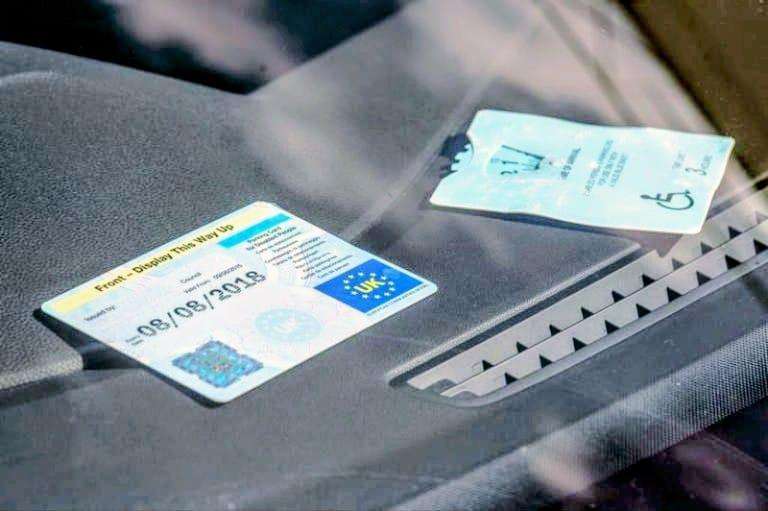

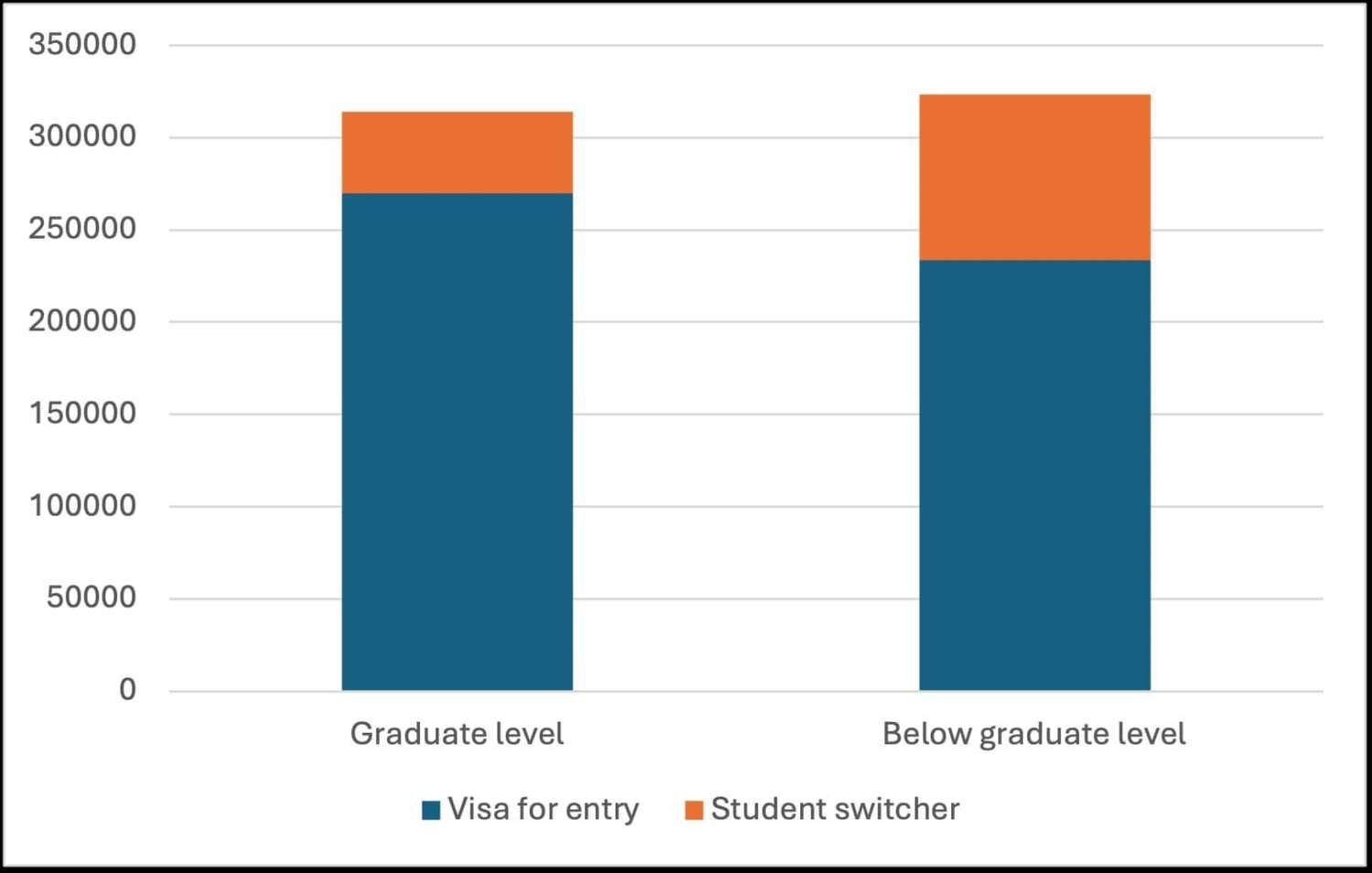
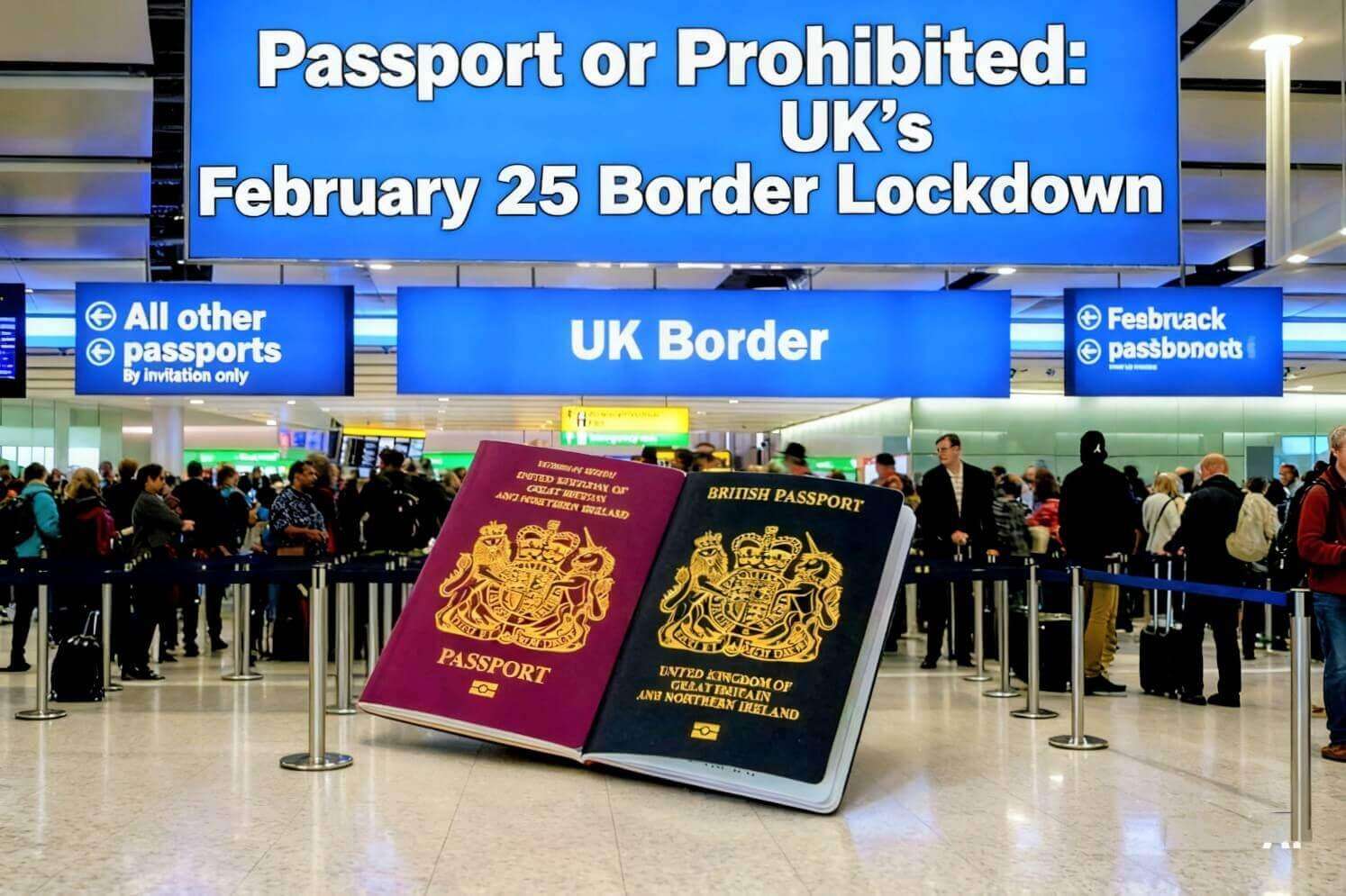



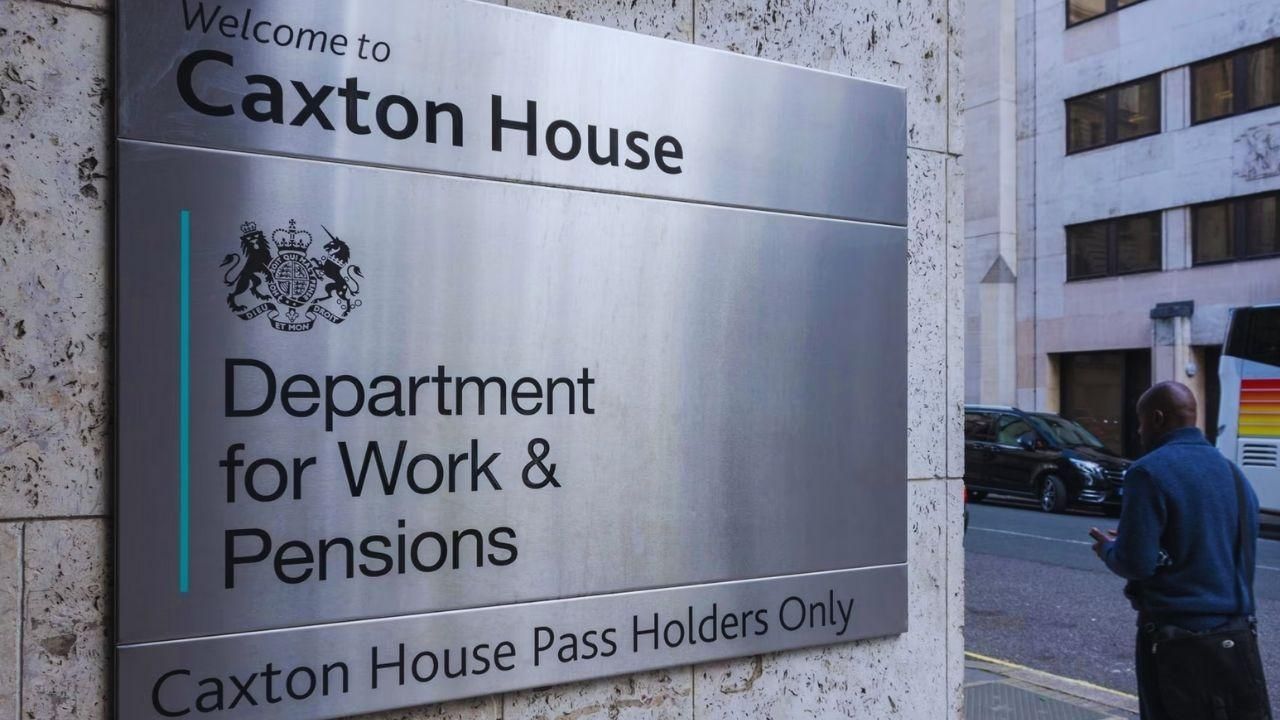
.svg)

